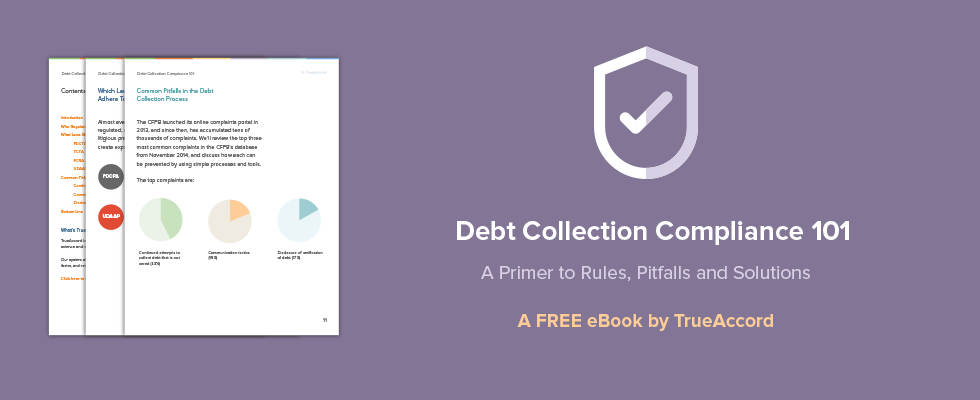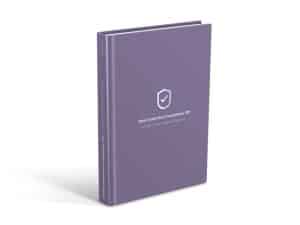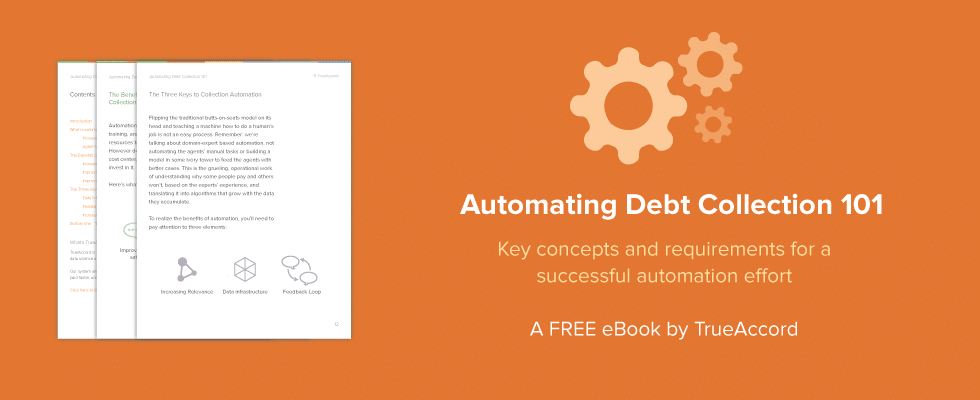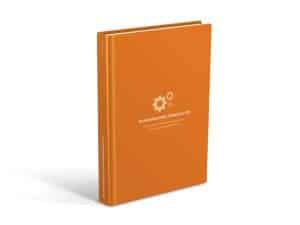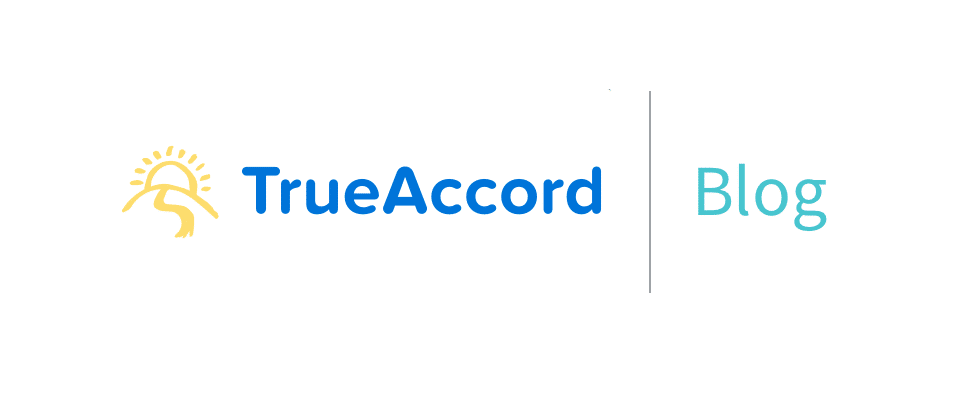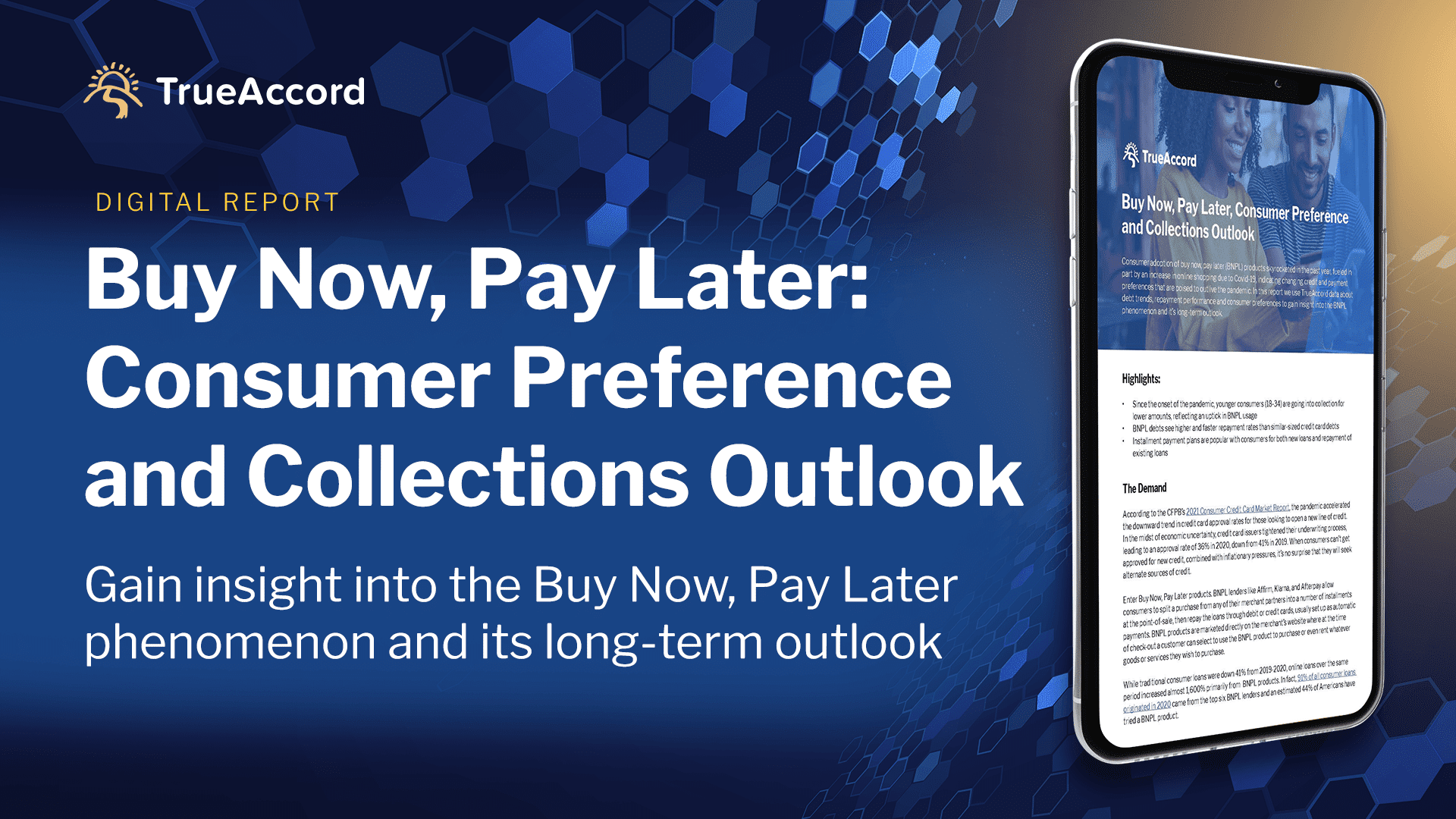
Consumer adoption of Buy Now, Pay Later (BNPL) products skyrocketed in the past year, fueled in part by an increase in online shopping due to Covid-19. There are many payment and credit options available, but it really comes down to consumer preference and consumers are choosing to use BNPL. But why are consumers into BNPL and what happens when BNPL installment loans go unpaid?
The outlook for BNPL customers that default on payments and go to collection is different than for those who default on credit card debt. TrueAccord is a digital debt collection platform that works with the leading BNPL providers and compiled data on debt trends, repayment performance, and consumer preferences from millions of customer accounts to report on the BNPL phenomenon. The report explores the trends and why BNPL continues to be a preferred payment option with consumers, even after going to collection.
Key findings include:
- Since the onset of the pandemic, younger consumers (18-34) are going into collection for lower amounts due to an uptick in BNPL usage
- BNPL debts see higher and faster repayment rates than similar-sized credit card debts— BNPL repayment is 2x+ higher than credit card repayment at both 30 and 90 days.
- Consumers like installment payment plans, whether at the time of purchase (by using a BNPL product) or after default (by setting up a repayment plan over a period of time)
To learn more about BNPL and collections, click here to read the report “Buy Now, Pay Later, Consumer Preference and Collections Outlook” from TrueAccord.
